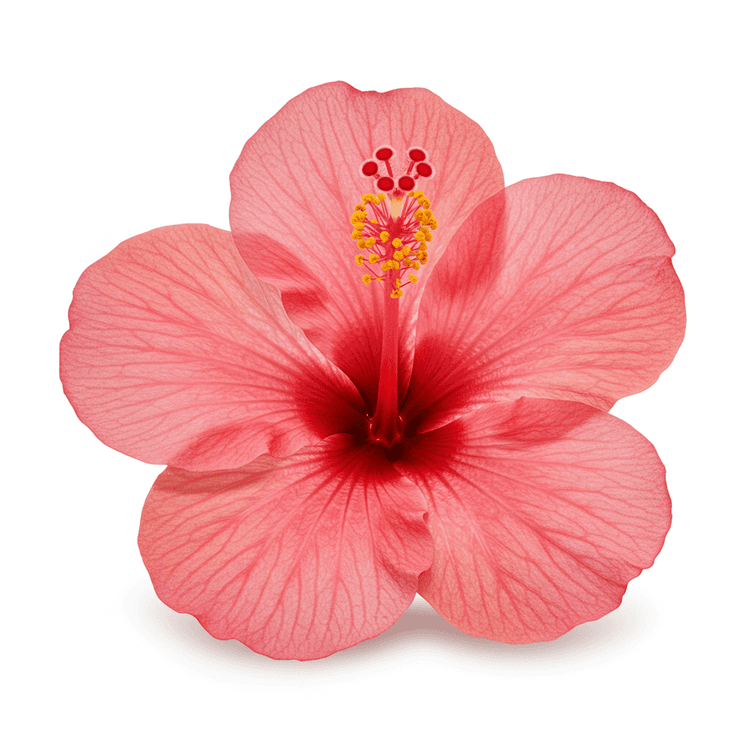
Rosehip
Rosehips, the fruit of the rose plant, are small, vibrant orbs that typically range in color from bright red to deep orange. These tart and tangy fruits are known for their slightly floral aroma and concentrated vitamin C content. Rosehips have a firm texture when fresh but soften when cooked. Often harvested after the first frost to enhance their sweetness, rosehips offer a unique flavor profile that makes them a valuable ingredient for both sweet and savory applications.
Common Uses
- Rosehip tea: Dried rosehips can be steeped in hot water to create a refreshing and vitamin-rich herbal tea. The tea boasts a slightly tart and floral flavor profile, perfect for a soothing beverage.
- Rosehip jam and jelly: Rosehips are frequently cooked down with sugar and pectin to create flavorful jams and jellies. Their natural pectin content helps to thicken the preserves, while their tartness balances the sweetness.
- Rosehip syrup: Rosehips can be simmered to extract their juices, which are then combined with sugar to create a versatile syrup. This rosehip syrup can be used to flavor cocktails, desserts, or even drizzled over pancakes.
- Rosehip oil infusions: Rosehips are sometimes infused in oils for skincare applications. The oil is extracted from the seeds and the fruit of the rosehip, which are believed to have beneficial properties for the skin.
- Rosehip sauces: Rosehips add a unique tang to savoury sauces and can be used as a flavor base for sauces served with game meats or poultry. They can be pureed and combined with other ingredients to make a rich and flavourful sauce.
- Rosehip powder in baking: Rosehips can be dried and ground into a powder, which is then used as a flavor enhancer in baking. Rosehip powder adds a subtle tart and floral note to muffins, cakes, and other baked goods.
Nutrition (per serving)
Nutrition (per serving)
Calories
162.0kcal (8.1%)
Protein
0.9g (1.9%)
Carbs
38.2g (13.89%)
Sugars
2.6g (5.22%)
Healthy Fat
0.2g
Unhealthy Fat
0.0g
% Daily Value based on a 2000 calorie diet
Nutrition (per serving)
Calories
162.0kcal (8.1%)
Protein
0.9g (1.9%)
Carbs
38.2g (13.89%)
Sugars
2.6g (5.22%)
Healthy Fat
0.2g
Unhealthy Fat
0.0g
% Daily Value based on a 2000 calorie diet
Health Benefits
- Rich in Vitamin C, boosting immunity and collagen production for healthy skin.
- High in antioxidants, fighting free radicals and reducing inflammation.
- May improve joint health and reduce pain associated with arthritis.
- Supports healthy digestion due to its fiber content.
- Contains essential fatty acids, promoting skin health and reducing dryness.
- Potential benefits for heart health by helping to lower cholesterol levels.
Substitutes
Chefadora AI is here.
Experience smarter, stress-free cooking.
Storage Tips
To store rosehips properly, ensure they are completely dry to prevent mold growth. Fresh rosehips should be stored in the refrigerator in a breathable container for up to a week. Dried rosehips can be stored in an airtight container in a cool, dark, and dry place, like a pantry, for up to a year. Freezing is also an option; spread the fresh rosehips on a baking sheet and freeze until solid before transferring them to a freezer bag. Properly stored, frozen rosehips can last for several months.
Marnirni-apinthi Building, Lot Fourteen,
North Terrace, Adelaide, South Australia, 5000
Australia

